NSW Police criticised in landmark LGBTIQ hate crimes report
A scathing report into LGBTIQ hate crimes has criticised NSW police, recommending mandatory bias training and an audit of unsolved homicides stretching back to 1970.
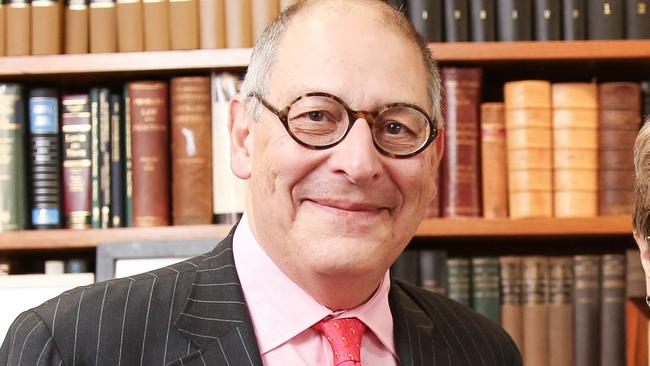
A scathing report into LGBTIQ hate crimes in NSW has criticised state police both in their historical investigations and their assistance to an inquiry, recommending bias training for police officers and an audit of all unsolved homicides stretching back to 1970.
On Thursday, the NSW government released findings from the Special Commission of Inquiry into LGBTIQ hate crimes, which examined the deaths of 32 people and scrutinised more than 150,000 documents drawn from 40 years of police files.
The final report contains seven recommendations relating to specific cases, as well as 12 recommendations relating to general procedures, which include an audit by NSW Police of all unsolved homicides between 1970 and 2010, and mandatory LGBTIQ bias training.
NSW Supreme Court judge John Sackar, who ran the inquiry, also criticised the way police engaged with the probe.
“The response of the police to the inquiry was, at times, defensive and unhelpful,” he said.
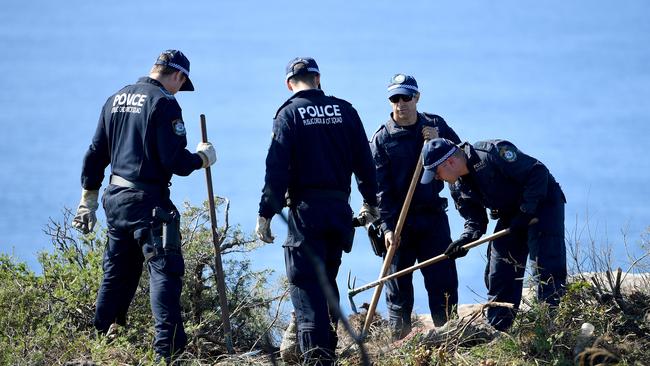
Justice Sackar said that there “appears to have been a resistance” in the force to acknowledge the “extent of the hostility experienced by LGBTIQ people” between 1970 and 2010.
“I and my team of counsel, solicitors, investigators and other support staff were asked to find answers for an unclosed category of deaths where all the investigative resources of the police have previously failed, in many cases for between 30 and 50 years,” Justice Sackar said.
NSW Premier Chris Minns said his government would “take the time required to consider the report”.
“It takes courage to relive the traumatic experiences you have shared as partners, family and friends who have lost loved ones, and as a community that has suffered unimaginable injustice,” the Premier said.
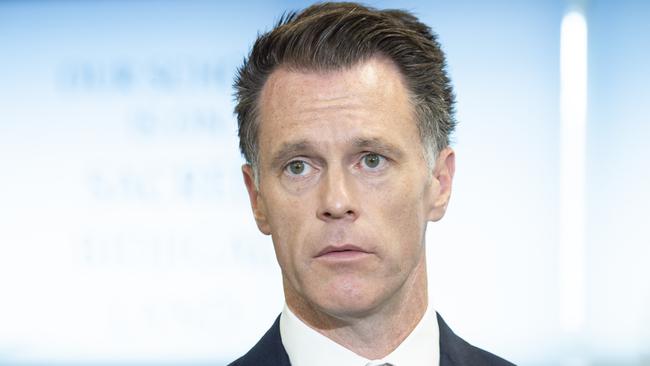
NSW Attorney-General Michael Daley said the inquiry had “shone a light on some of the darkest events in state history”.
“I know many members of our community have been deeply impacted by the events examined and the reopening of wounds that has been a difficult but necessary part of this process,” he said, adding the focus now shifted to delivering a “meaningful response”.
NSW MP Alex Greenwich, who is openly gay and helped secure the inquiry, said the report should be “catalyst for reform”.



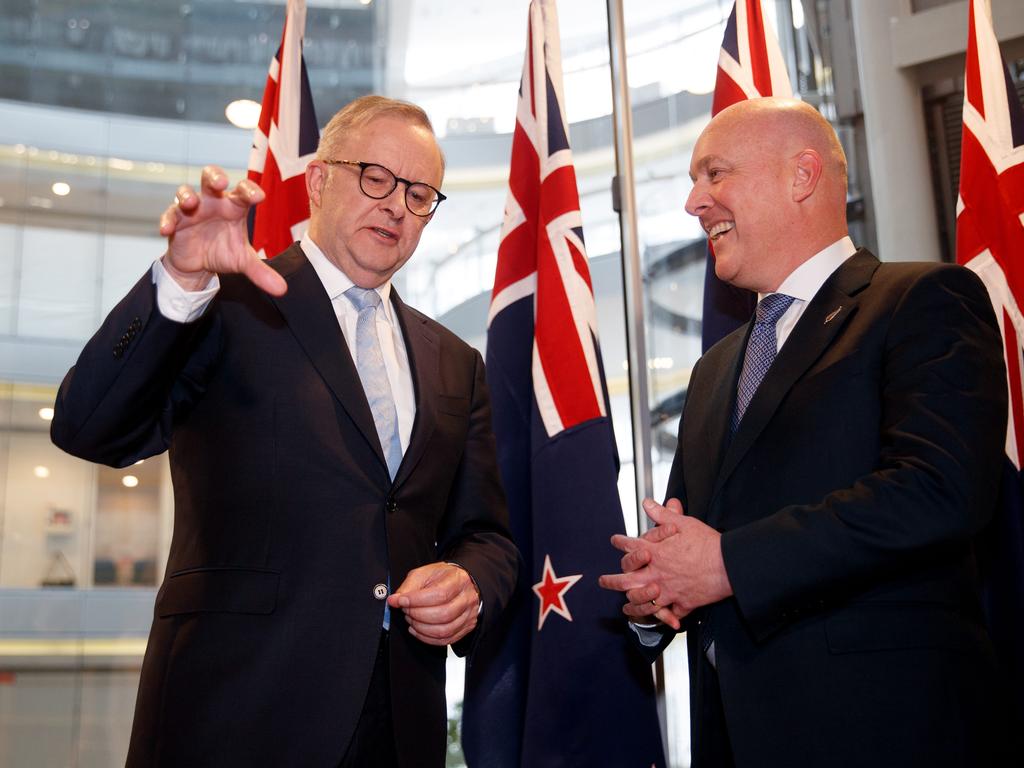
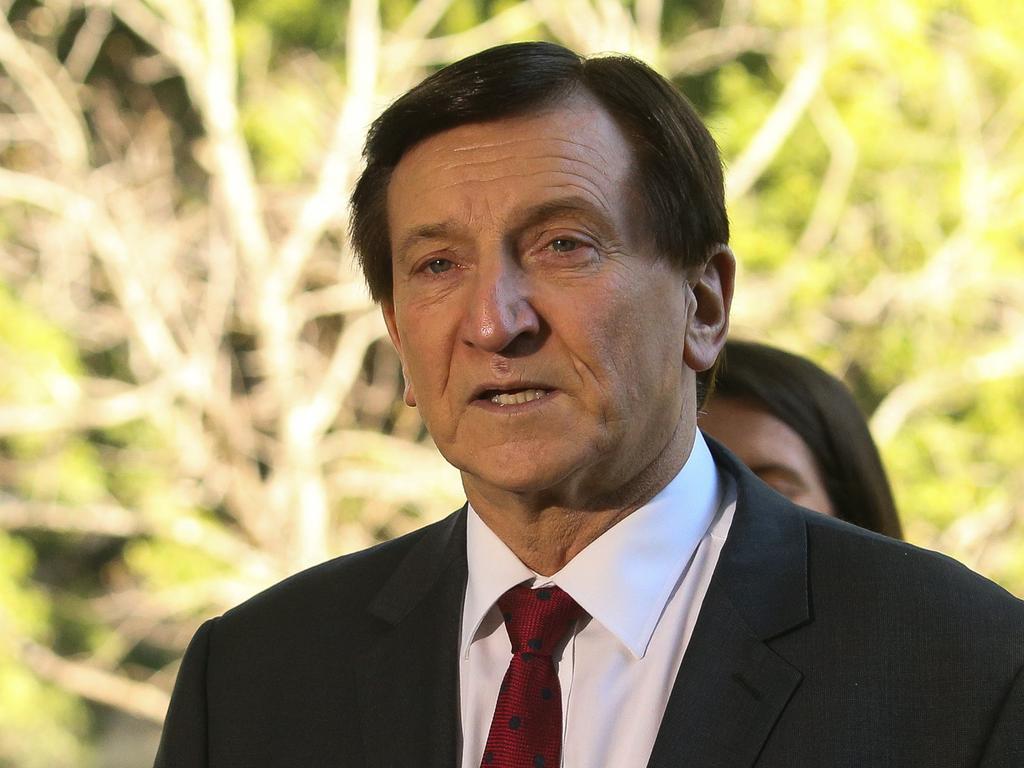



To join the conversation, please log in. Don't have an account? Register
Join the conversation, you are commenting as Logout